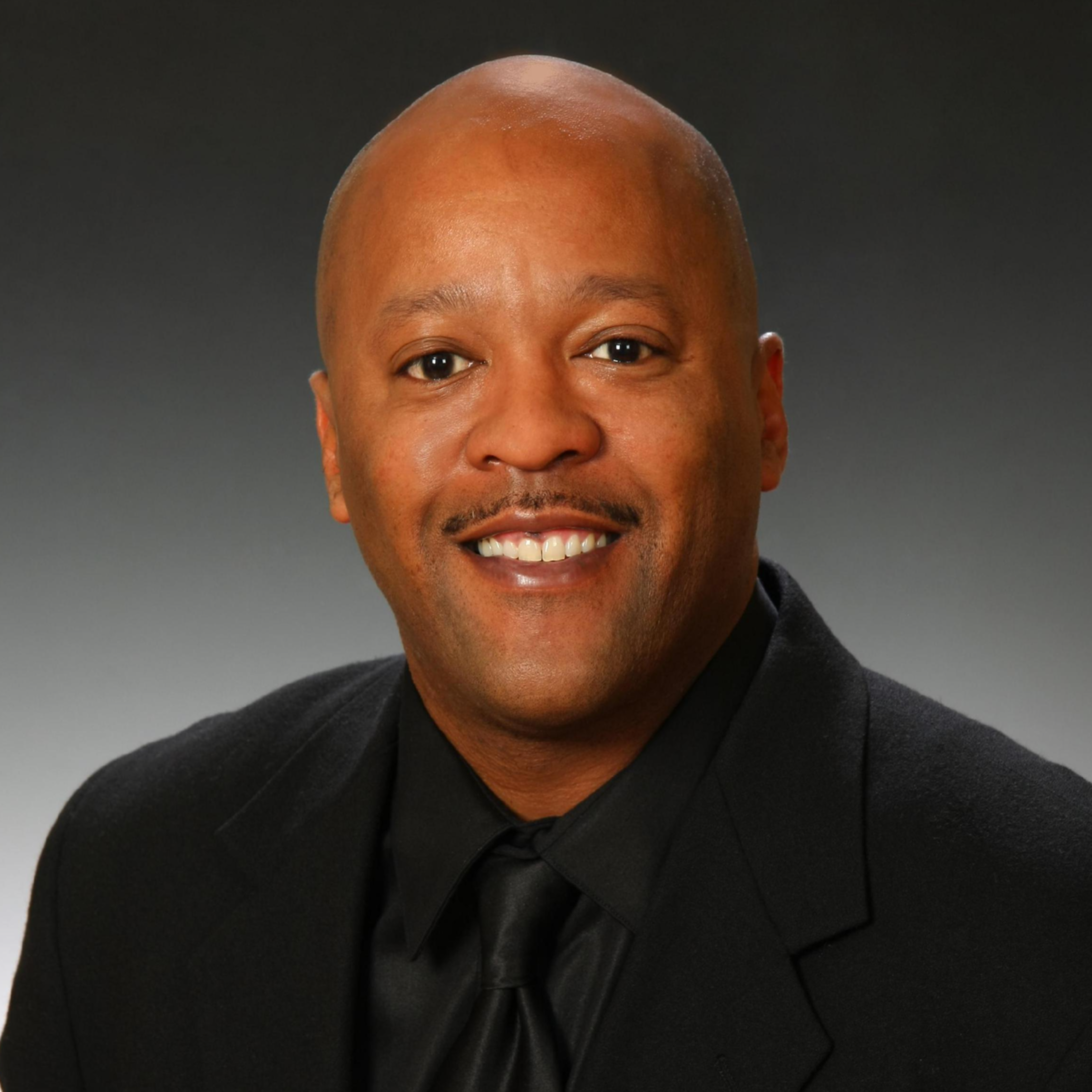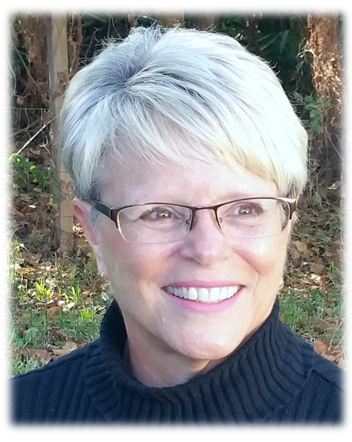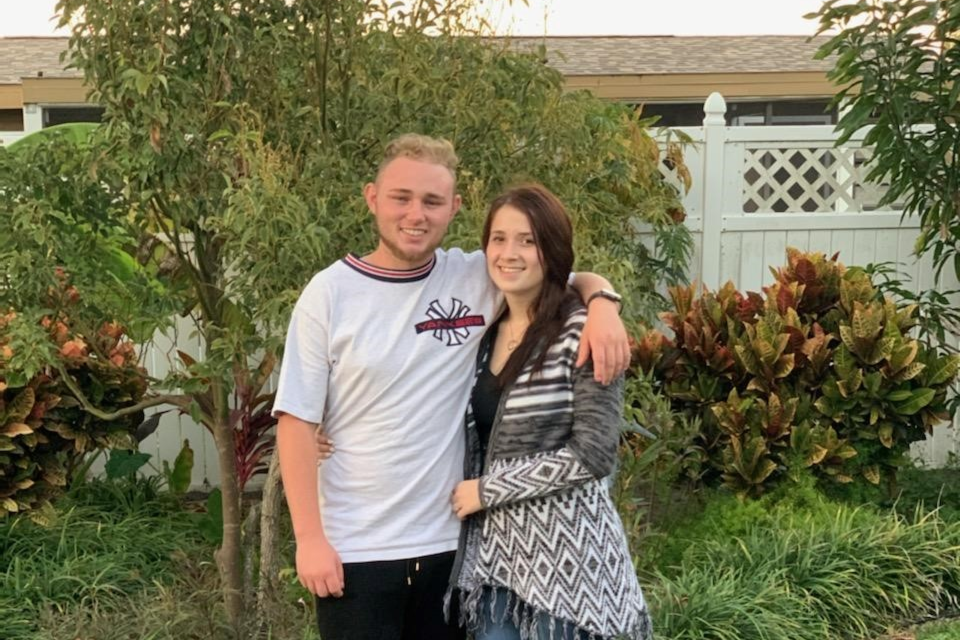Anthony Thomas likes to fix things. Not cars, or leaky faucets, though; Thomas helps people fix their credit, so they can become mortgage-ready. He’s a loan officer-turned-nonprofit executive who leads a team of housing counselors at Tampa Fla.-based Solita’s House. It’s among the 2,000 housing counseling agencies across the country sponsored by the U.S. Department of Housing and Urban Development, which are dedicated to educating low-to-moderate income people on the financial intricacies of homebuying.
“Home ownership is the most under utilized method of wealth generation among people of color,” Anthony says. “It’s my job to fix that.”
The majority of Solita’s House clients are Latino and African-American, according to Anthony. These are communities that are disproportionately denied mortgages according to a Zillow analysis of 2017 Home Mortgage Disclosure Act data.
Financial education is one way to start addressing housing inequities, and that’s one reason Thomas is so passionate about the work of housing counseling agencies. “That knowledge is something no one can ever take from you,” says Thomas, “what it takes to get mortgage-ready, what it takes to increase your credit score, all homeownership knowledge — all of that is very powerful.”
Housing equity background
The roots of the nonprofit housing counseling industry lie in the Community Reinvestment Act of 1977, which required banks to help meet the credit needs of underserved communities in their areas. Housing counseling agencies are funded by government grants and donations from lenders and local civic and business leaders who support affordable housing and financial education. Group classes and one-on-one sessions are usually free, or at very low cost to clients. Counselors must pass a HUD certification exam that demonstrates their ability to explain the home buying and financing process.

“Home ownership is the most under utilized method of wealth generation among people of color. It’s my job to fix that.” — Anthony Thomas
The carrot that draws first-time homebuyers to the agencies are programs that offer down payment assistance to people who take classes taught by housing counselors. Julia Glantz was an eager student. “I didn’t think I was going to buy a house, I thought we were just going to rent for some time,” says Glantz, who lived in a one-bedroom trailer in Pasco County north of Tampa with her boyfriend and four dogs.
Glantz is typical of clients at Solita’s House; she has a full-time job and solid credit history, just not that big chunk of money for a down payment. Thomas taught the group class Glantz took with other first-time homebuyers over Zoom. “He was funny, but he also had moments where he was serious,” Glantz says, especially about who controls the real estate transaction — “me,” she says. “I didn’t know I could really question my real estate agent or lender,” says Glantz. “But I learned the homebuying process is like buying a car: You have to find the right salesperson that is going to fit you and work with you, someone who is going to have heart-to-heart-moments with you and explain everything to you.”
Before she entered Solita’s House, Glanz did not know housing counseling agencies existed. This is not unusual. Most clients are referred by banks. But referrals also come from real estate agents and independent mortgage brokers. Glantz, for example, was first referred by her agent to Pam Marron, a loan originator with Innovative Mortgage north of Tampa. Marron, in turn, told Glantz about down payment assistance available through Solita’s House. “Pam definitely gave us a path,” says Glantz. “She explained everything, and answered all my questions, we’d talk on the phone all the time.”
Path to homeownership through lenders
Independent mortgage loan originators (MLO) like Marron have no requirement or incentive to work with housing counselors. But Marron says she regularly refers clients to housing counselors, including Glantz.

“It’s not just doling out money for mortgages. It’s helping people get into that home.”
— Pam Marron
“Loan originators have varying degrees of ability to help their clients, says Marron, “it depends on their knowledge, but we also get busy.” She says housing counselors who have the expertise to help with credit issues, student debt, or down payment help “are critical to keeping the pipeline of people that may not be ready now, but may be ready down the road.”
Marron was a member of the first HUD Housing Counseling Federal Advisory Committee, formed in 2016, to figure out ways for the mortgage, real estate and housing counseling industries to work together to get more people mortgage-ready. She’s also set up a website to educate agents and loan originators on how to work with housing counseling agencies.
With today’s low interest rates and low inventories of homes for sale, Marron acknowledges it’s easy for agents and mortgage brokers to brush off prospective homebuyers who have cash or credit issues. But she says there’s value in connecting clients with housing counseling: “These people, after the initial shock of what they have to do, are very, grateful, they trust you,” and that’s what it’s all about, she says. “It’s not just doling out money for mortgages. It’s helping people get into that home.”

Savoring the stability
Julia Glantz got into her first home last January, roughly two months after getting $15,000 in down payment assistance financed through Solita’s House, and then getting pre-approved for a mortgage by Marron. Her house is a starter, just over 1,000 square feet with a fenced yard for the dogs.
Glantz has ambitious renovation plans, but for now is savoring the stability of homeownership. “I won’t be worrying if the landlord is going to sell the house, I know it’s mine and the only people who can really take it away from me is the bank, if I don’t pay.” And with the guidance she got from her housing counselor and lender, she’s spending 21 percent of her monthly household net income on the mortgage.